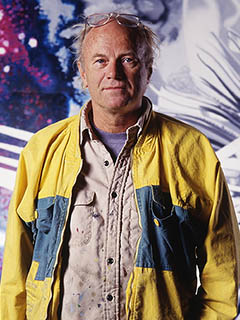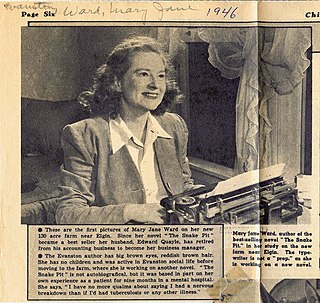A Quote by James Rosenquist
If a person is insane or troubled, you first have to get the person to admit that they have a problem before you can solve anything.
Related Quotes
With repeated listenings, a piece eventually becomes its own being. I very often say to students that this is like meeting a person for the first time. When you first meet someone, you reference that person with others who are similar; but, as you get to know that person better, you begin to understand his unique qualities.
The sad thing is that I feel so boring because 'Twilight' is literally how every conversation I have these days begins - whether it's someone I'm meeting for the first time or someone I just haven't seen in a while. The first thing I want to say to them is, 'It's insane! And, as a person, I can't do anything!'
Solving the population problem is not going to solve the problems of racism, of sexism, of religious intolerance, of war, of gross economic inequality. But if you don't solve the population problem, you're not going to solve any of those problems. Whatever problem you're interested in, you're not going to solve it unless you also solve the population problem. Whatever your cause, it's a lost cause without population control.








































